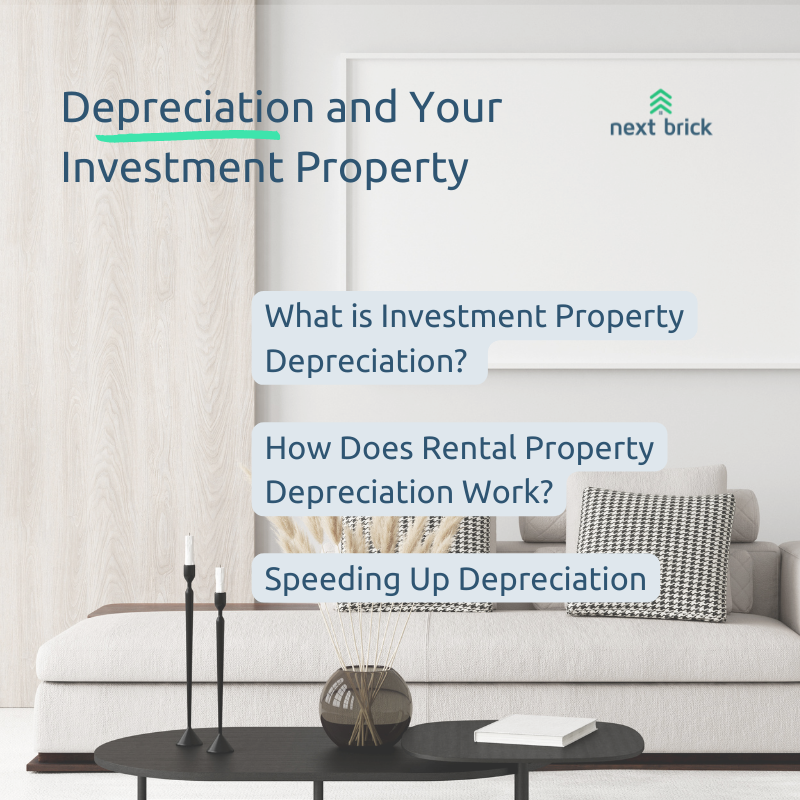
Many benefits come from owning rental properties. With some hard work, savvy investors can quickly build a portfolio of cash flowing units, especially in a hot market like we have in the Seattle area.
One of the best and least understood benefits of real estate investing is how one can lower their overall tax burden when owning and renting out real estate properties. Basically, most of the tax benefits come down to two main categories, deductions and depreciation.
Any expenses associated with your business can be deducted from your top line revenue. Items such as maintenance and marketing expenses can all be deducted from your taxable income.
Depreciation is a special kind of deduction with its own rules. Having a thorough understanding of how depreciation works on investment properties is crucial to running an efficient and profitable business.
What is Investment Property Depreciation?
The entire cost of your real estate property can be written off during what the IRS considered the useful life of the asset. For tax purposes, the IRS considers the useful life of your property to be 27 and half years, although realistically we know it is much longer, since essentially real estate lasts forever. Throughout the course of a 27 and a half year period, the cost of your property gets slowly depreciated.
How Does Rental Property Depreciation Work?
The specific accounting rules can get confusing, which is why it is recommended that all landlords have their taxes prepared by a tax professional each year. Calculating your depreciation is quite simple. When your taxes are prepared, you take the amount you paid for the property, divide by 27.5 (or multiply by 3.636%) and subtract that amount from your income until the total amount of your investment is used up.
The tax savings from depreciating your property can add up to a significant savings. As an example, if you purchased a rental property for $100,000 and are renting it out for $1,000 a month, you are getting $12,000 per year in income. Using the formula for depreciation, $3,636 can be deducted from your income. For someone in an upper tax bracket, that can easily lower your tax burden by over $1,000 in federal taxes alone. For someone owning multiple properties, the savings adds up to a substantial amount.
Speeding Up Depreciation
In certain instances, an investor can take bonus depreciation and not have to wait the entire 27 and a half years. Sometimes an investor can have a cost segregation study done on the property and deduct certain costs sooner.
Not every part of the property depreciates at the same time rate. For example, the cement foundation will last much longer than the bathroom fixtures. By using a cost segregation study, much of the depreciation can be moved up to the early years which can significantly frontload the tax savings. Investors can then use the tax savings to fund new deals, allowing them to very quickly expand their portfolio.
While your tax preparer will know the specifics, it is important for all investors to have a basic understanding on how depreciation and all aspects of the tax system work. Having this knowledge will help investors manage their business much more efficiently.

